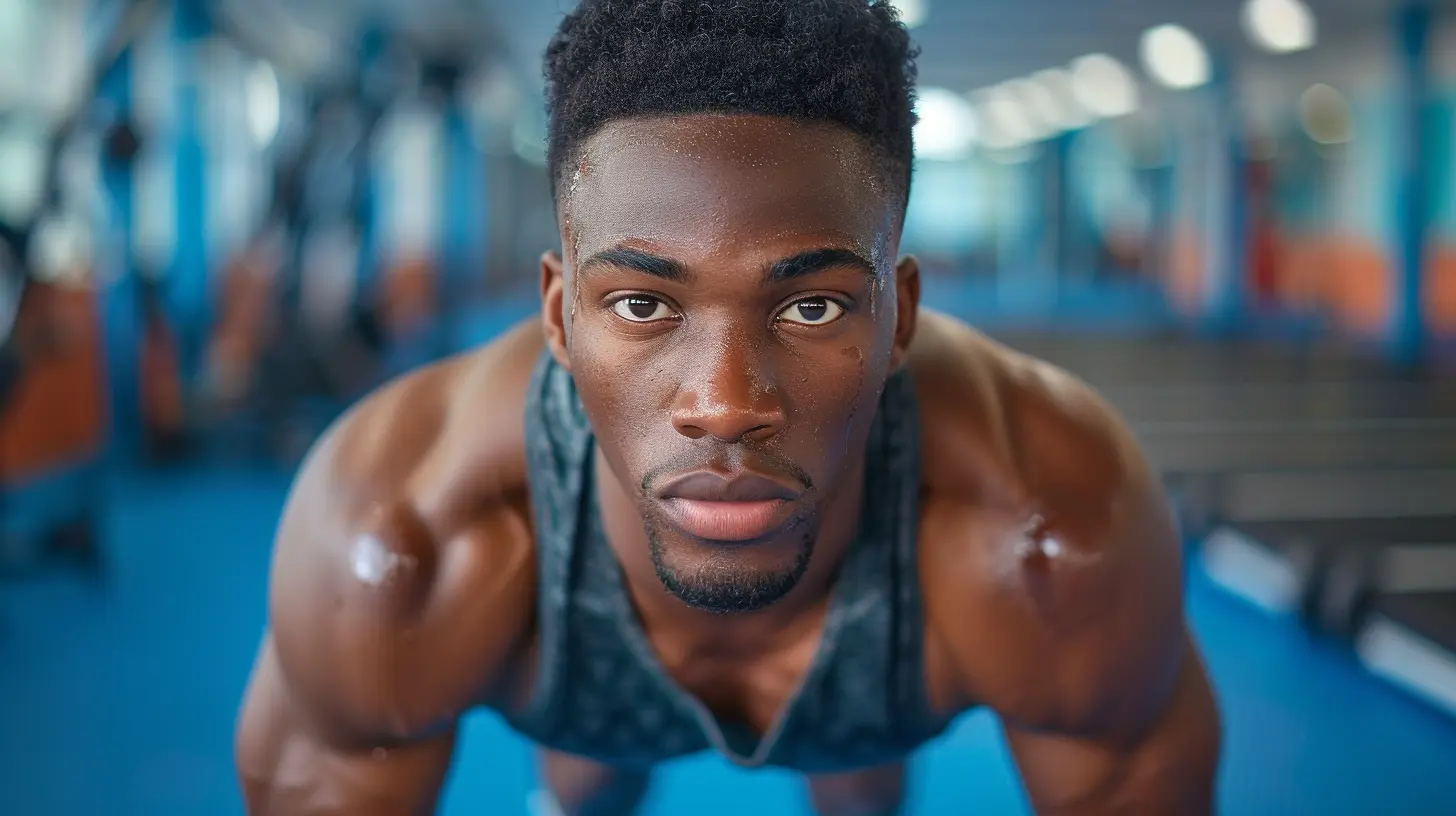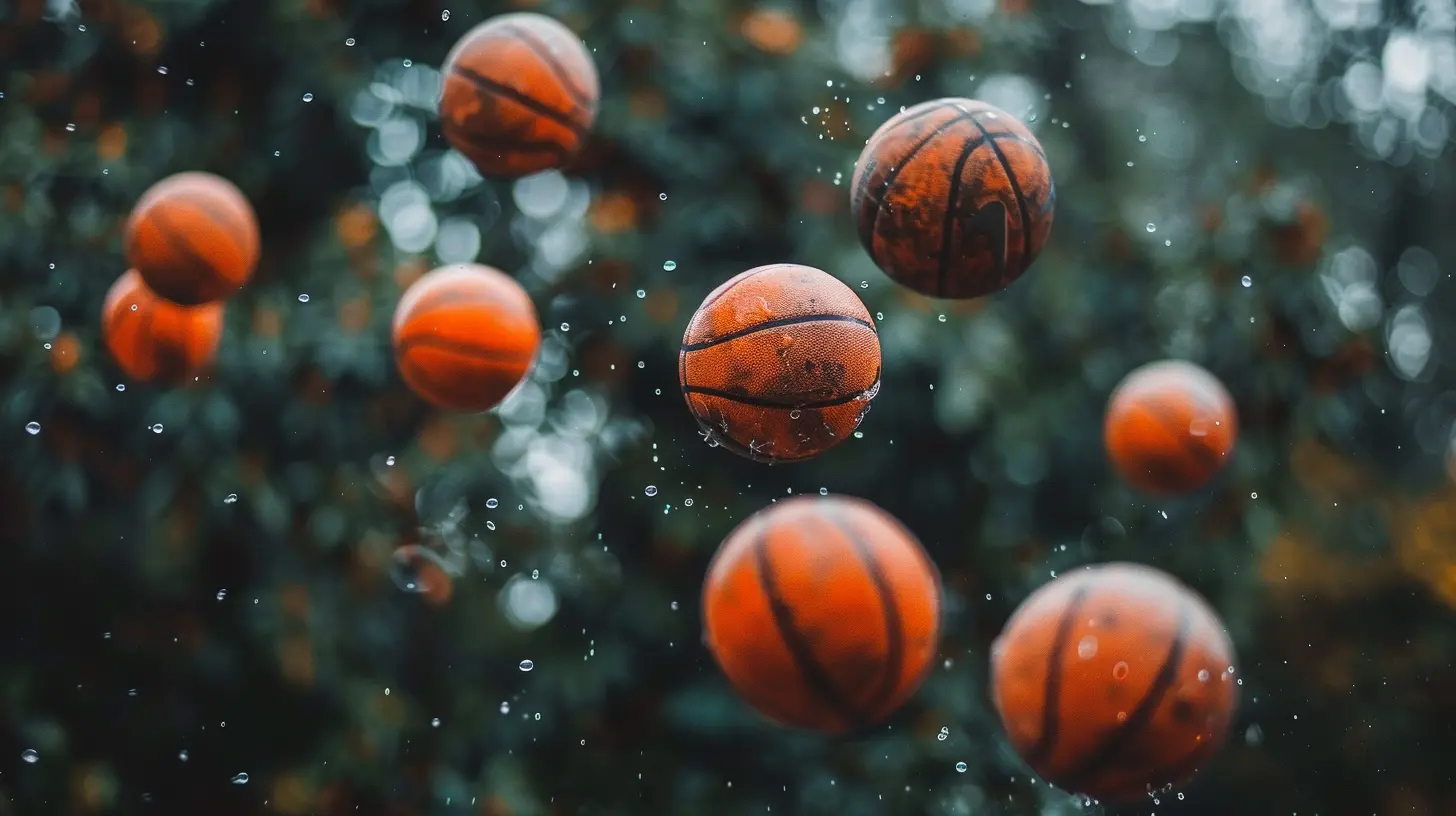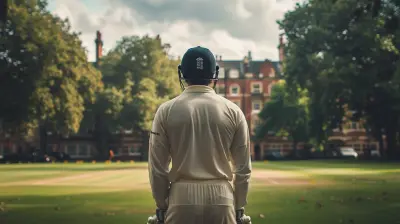The Role of Concentration Drills in Improving Sports Performance
3 November 2025
When it comes to pushing the limits in sports, we usually think about speed, strength, and skill. But there’s one powerful ingredient that often flies under the radar—concentration. Yep, your mental game can either take you to the top or slam the brakes on your progress. And that’s where concentration drills come in.
Whether you’re a pro athlete, a weekend warrior, or somewhere in between, sharpening your focus can be the secret weapon that transforms your game. Let’s dive deep into how concentration drills play a huge role in enhancing sports performance and how you can start incorporating them into your routine starting today.
Why Is Concentration So Important in Sports?
Imagine you’re on the field, seconds left on the clock, the crowd’s going wild, and you need to make the perfect play. Your body knows what to do—but if your mind’s somewhere else? Game over.Concentration is your ability to focus on what's important and block out all the noise—literally and figuratively. It's about being in the zone, in the moment, and in control. In high-pressure situations, the difference between winning and losing often comes down to how well you can keep your head in the game.
How Concentration Affects Athletic Performance
Let’s break it down a bit further. Concentration directly impacts key areas of sports performance:- Decision Making: Athletes need to make split-second decisions. Getting distracted for just a moment can mean a missed opportunity or a costly mistake.
- Reaction Time: The sharper your focus, the faster your reaction time. Whether it's returning a serve or dodging a tackle, your brain needs to stay locked in.
- Technique Execution: Performing a skill correctly under pressure takes immense focus. Lose concentration, and your form can fall apart.
- Emotional Control: Staying mentally present helps you manage nerves, setbacks, and even trash talk from opponents.
The Science Behind Concentration and Sports
What’s happening in the brain during competition? Well, when you concentrate, your brain's prefrontal cortex lights up. This is where decision-making, planning, and attention live. At the same time, your brain suppresses distractions from other regions.Athletes who consistently train their focus activate these brain areas more efficiently. Just like muscles, your brain gets stronger with the right exercises—cue concentration drills.
What Are Concentration Drills?
Concentration drills are mental exercises designed to train your focus, improve your attention span, and boost your awareness in high-stress environments. These drills mimic the pressures of in-game scenarios, helping you stay mentally sharp when it counts.They can be as simple as focusing on a single object or as dynamic as combining decision-making with physical movement. What's cool is that these drills can be tailored to your sport, position, or even your personal mental habits.
Benefits of Incorporating Concentration Drills
Still wondering if it's worth your time? Here’s what consistent mental training can offer:- Improved attention span
- Better in-game awareness
- Enhanced reaction speed
- Reduced performance anxiety
- Sharper decision-making skills
- Greater emotional resilience
That’s a pretty solid return on investment, wouldn’t you say?
Types of Concentration Drills You Can Try
Alright, let’s get to the good stuff. Here are some simple yet effective concentration drills you can start trying right now—no fancy gear needed.1. Focused Breathing
Sounds boring, right? But hear me out. Taking 5-10 minutes to focus solely on your breath can train your mind to stay present. When your thoughts wander, gently guide them back. It’s like a mental squat—simple but powerful.2. Object Tracking
Take a small object (like a tennis ball), toss it in the air, and focus entirely on its movement. Try clapping once between tosses or switching hands. It builds visual concentration and hand-eye coordination at the same time.3. Color-Word Conflict Test (a.k.a. The Stroop Test)
Write color names with mismatched ink (like the word "green" written in red ink). The goal? Say the color of the ink, not the word. It’s trickier than it sounds, but it’s a great way to challenge your cognitive flexibility under pressure.4. Mirror Drills
These are awesome for team sports. Stand in front of a teammate and mirror their movements. You’ve got to stay dialed in to keep up. It improves focus, responsiveness, and timing.5. Distraction Training
Have someone shout random words or make noise while you dribble, shoot, or pass. The idea is to train your brain to filter out chaos and lock in on what matters.6. Visualization Techniques
Spend time visualizing yourself perfectly executing specific plays. Focus on the sights, sounds, and even the emotions you’ll feel. The more vivid the better. It's like a mental dress rehearsal before the real show.Sport-Specific Concentration Drills
Let’s zoom in a bit. Different sports require different flavors of focus. Here’s how you can tailor your drills based on your game.Football (Soccer)
- Small-sided games with extra rules (e.g., only use your non-dominant foot): Forces focus and quick thinking.- Scanning drills: Train yourself to constantly look around and process info quickly, just like during a match.
Basketball
- Dribble + mental task (e.g., recite the alphabet backwards): Builds dual-task concentration under movement.- Free throw under pressure: Simulate crowd noise or competition to focus through nerves.
Tennis
- Serve routine rituals: Create a mental checklist before every serve to stay focused.- Eye tracking drills: Focus on the ball from racket to opponent, building laser-like attention.
Running
- Cadence counting: Count your steps per minute to maintain rhythm and resist distractions.- Mantra repetition: Use positive affirmations to stay mentally centered during long runs.
Concentration and the Flow State
You’ve probably heard of athletes being “in the zone.” That’s the flow state—a magical headspace where action and awareness merge. Your body moves almost effortlessly, and time seems to slow down.Guess what feeds the flow state? Concentration.
When you’ve trained your mind to stay focused, blocking out the noise becomes second nature. And that’s when the magic happens. The scoreboard fades, the crowd disappears, and it's just you and the game.
How to Build a Concentration Routine
Like any other skill, concentration gets better with practice. Here’s how to build a simple routine:1. Start Small: Begin with 5 minutes a day of focus drills.
2. Be Consistent: Daily mental training is better than once-a-week marathons.
3. Track Progress: Use a journal or app to note what works and what doesn't.
4. Mix It Up: Combine mental and physical elements to keep things challenging.
5. Reflect Often: After games or practices, ask yourself: "When did I lose focus? Why?"
Make it fun. Make it challenging. Make it yours.
What Coaches and Athletes Say
Many elite athletes swear by mental training. NBA stars use mindfulness. Olympic athletes visualize routines. NFL coaches include concentration drills in warm-ups. It’s not woo-woo—it’s winning strategy.One high school coach said it best: “We practice running plays until we can't get them wrong. Why wouldn't we train focus until we don't lose it?”
Makes sense, right?
Final Thoughts: Your Mental Game Matters
At the end of the day, your mind is your most powerful tool on (and off) the field. And just like your muscles, it needs consistent training. Concentration drills aren’t just for elite athletes—they’re for anyone who wants to level up.So next time you're working on your footwork or free throws, don’t forget your focus. Train your brain like an MVP, and soon, the results will speak for themselves.
all images in this post were generated using AI tools
Category:
Sports PsychologyAuthor:

Ruben McCloud
Discussion
rate this article
1 comments
Zephyrae Dodson
Concentration drills? More like the secret sauce for athletes who want to outshine the competition! While others are busy daydreaming, those who nail these drills are busy leveling up. So, if you’re not focusing, you might as well be sitting on the bench!
November 20, 2025 at 3:39 AM

Ruben McCloud
Absolutely! Concentration drills are key to sharpening focus and enhancing performance, setting dedicated athletes apart from the rest.


